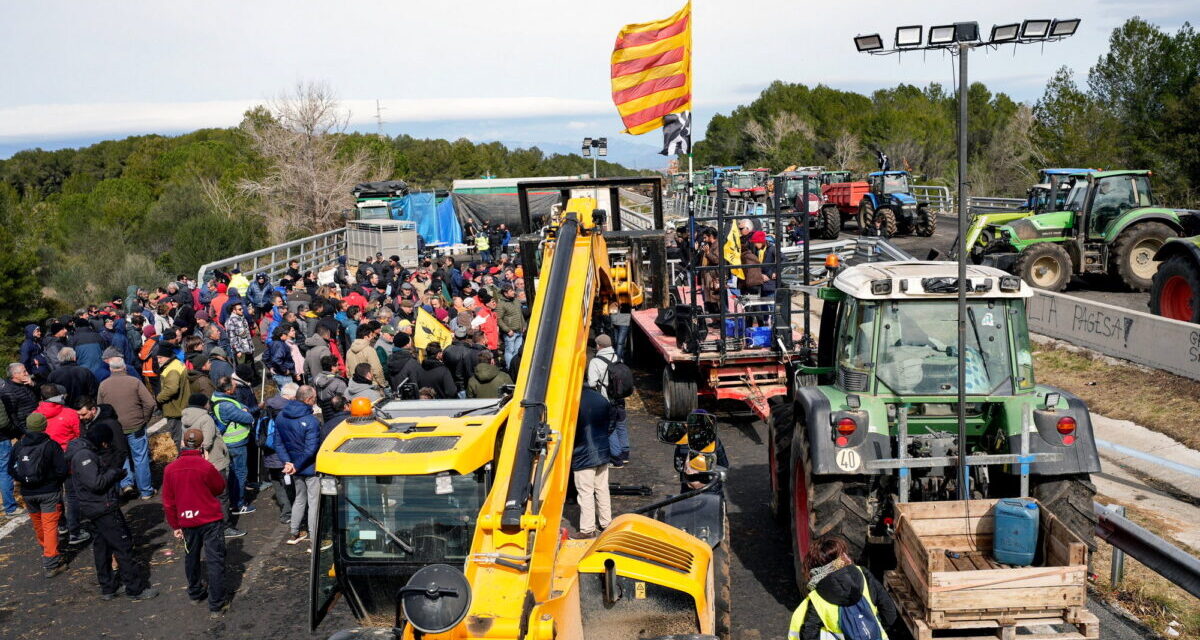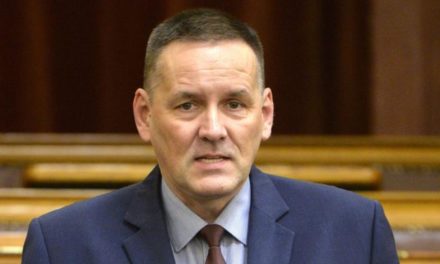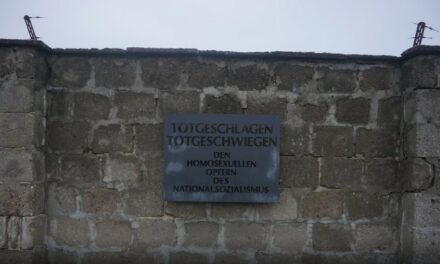Farmers can be an important voting base for emerging right-wing parties in surveys.
The European farmers' demonstrations partially achieved their goal: as a result of the tractor marches and road and border closures, the European Commission proposed to ease some of the environmental protection requirements of the Common Agricultural Policy (CAP), accepting that the agricultural sector received too many environmental protection regulations and administrative burdens.
Despite this, farmer groups have indicated that they are preparing for another closing protest action in the days before the EP elections, taking advantage of the publicity generated by the campaign period.
Three large farmers' demonstrations have already taken place in the European Quarter of Brussels this year, and a Dutch group, the Dutch Farmers' Defense Force (FDF), has announced a mass demonstration for June 4.
The group's spokesperson told Euractiv that the event is being postponed to the days before the voting, in order to make voters aware that it is possible to vote for another year in the EP election.
According to press reports, protesters from ten different EU countries will arrive in Brussels.
Meanwhile, there will also be a mass demonstration in Warsaw on May 10, and the undisclosed goal of these coordinated protests is to make the EU's green program inoperable and to force the EU's decision-makers to withdraw most of the environmental regulations.
According to the latest report of the Committee of the Regions, farmers can be an important voting base for right-wing parties emerging in surveys.
European right-wing leaders see the measurements, and it is no coincidence that they have recently appeared in the campaign as the biggest supporters of agricultural enterprises.
According to Andrés Ródriguez-Pose, professor of economics at the London School of Economics, the right wing is best able to appeal to the rural residents who live from agriculture,
mainly because these people are the losers of the current agrarian policy in Brussels, and it is precisely in this sector that the economic and, in this connection, the decline in the standard of living is the greatest.
Two examples: In Spain, the Vox party led by Santiago Abascal - which is a member of the ECR party family - enjoys enormous support in the countryside, similarly the French Rassemblement National led by Jordan Bardella - which is part of the ID party family - focuses its campaign on this segment of the electorate.
Previous national elections also support this trend: in Portugal, the right-wing Chega won four times as many seats as before in the March 10 parliamentary elections, breaking through mainly in rural areas, while in Poland, in the municipal elections held on April 7, the national-conservative Law and the Justice Party (PiS) returned, taking 43 percent of the votes in rural areas.
Cover photo: Spanish and French farmers protesting against the European Union's agricultural policy block the A7 highway connecting Spain and France with their tractors
MTI/EPA-EFE/David Borrat












